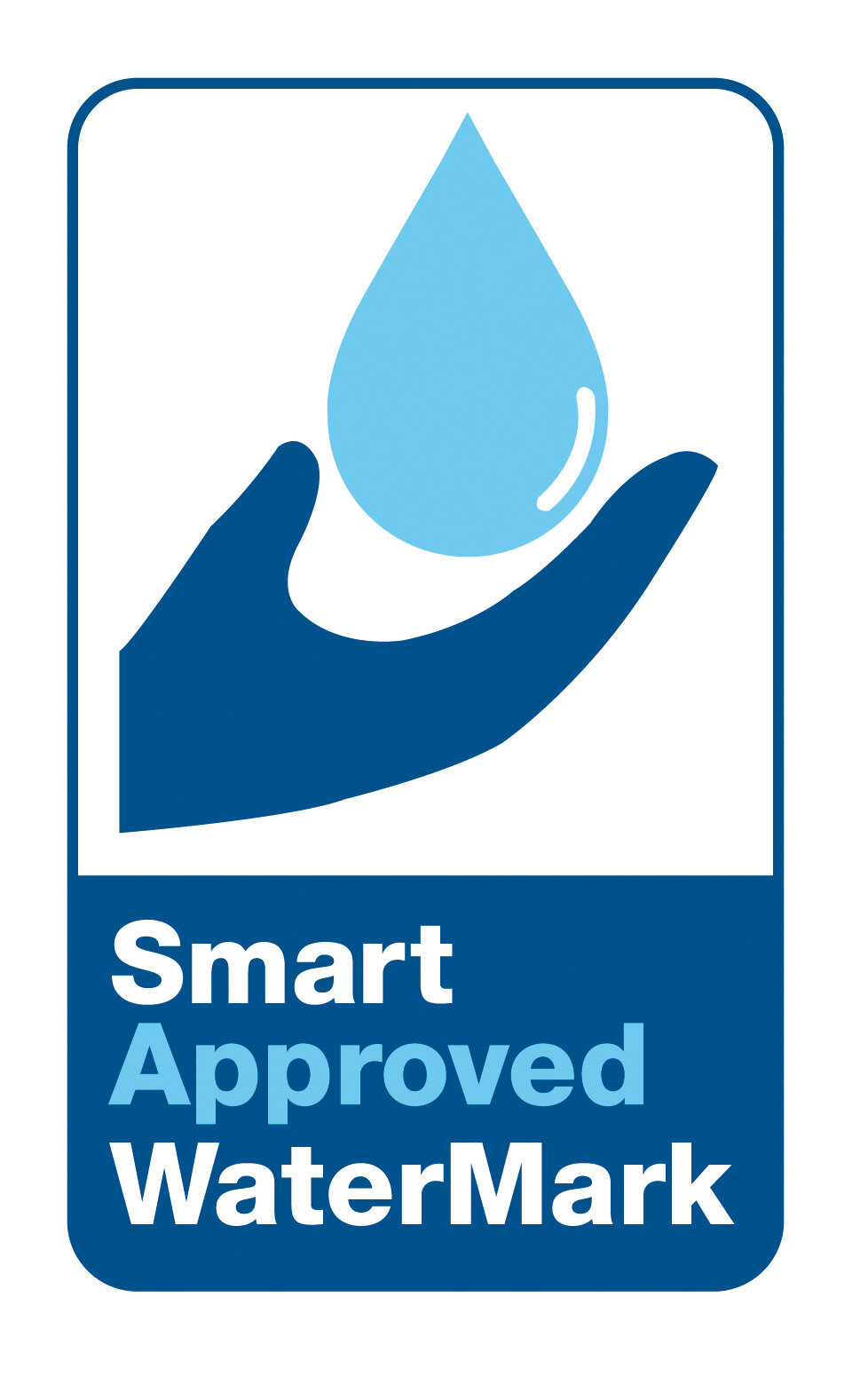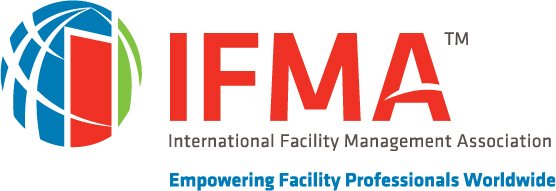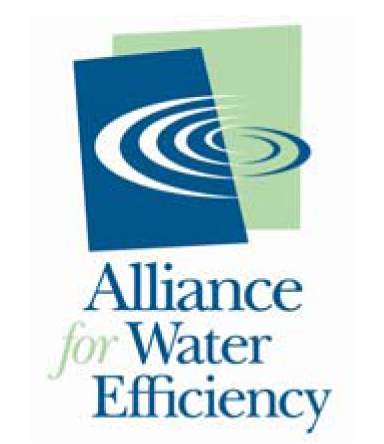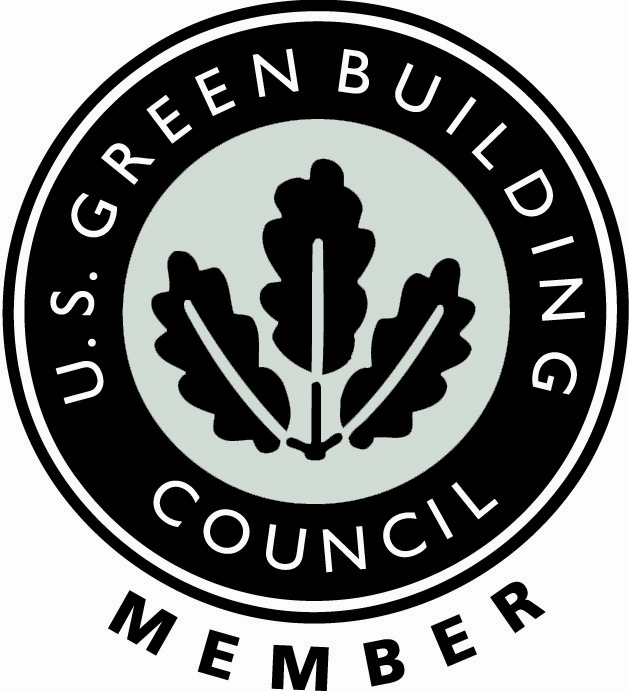Photo by Nathan Dumlao on Unsplash
Effective and frequent handwashing are considered essential in preventing the spread of COVID-19. However, we are learning some things about hand washing and water around the world that we may not have realized.
For instance, did you know that according to a study by the U.K.’s University of Birmingham, conducted in late 2019, fully 77 percent of the people surveyed in China did not wash their hands after using the toilet. It just was not a regular habit as it has become in so many other parts of the world.
In India, the same study found hand washing routines are better, but not much. The researchers reported that 60 percent of those surveyed did wash their hands after using the toilet, but 40 percent of those surveyed said they did not.
We should also add that washing hands, according to the researchers, meant using soap.
In both India and China, some people rinsed their hands with water and some dried them off before leaving the washroom. However, because they did not use soap, they were counted as "non-hand washers," and rightfully so.
Photo by Christine Sandu on Unsplash
Soap loosens and breaks down soils so they can be washed off hands. Rinsing alone does not do this.
Since COVID, people in both countries have increased their hand washing rituals, which means they are also using soap.
Some are even washing their hands for twenty seconds or longer, as is recommended. “The change and awareness about [hand washing] now, as compared to a few weeks ago, is phenomenal,” says VK Madhavan, CEO of WaterAid India.
But the study also revealed something about water issues gripping much of India, especially in the remote sections of the country. For many people, water is so limited that people have two choices regarding how they use water:
· One, they can wash their hands, or
· Two, they can cook food.
Here’s the situation.
Each time a member of an Indian family washes their hands, they consume more than a half-gallon of water. If a family of four washes their hands ten times per day, that necessitates the use of more than 21 gallons of water.
If this were in the U.S., where each person uses, on average, 100 gallons of water per day, this would not be a significant amount. But in India, where an entire family of four may only have about ten gallons of water to use each day, this is a tremendous amount of water.
And things get worse.
In some of the most remote and drought-ridden regions of the country, there is one shared tap for every five households. This means each family may have access to only a few gallons of water each day. About 142 million households in India are in this situation. Therefore, these families have just the two choices mentioned earlier when it comes to water: wash hands or cook food.
“To expect that people in water-deficient regions [of India] will prioritize handwashing over daily living is nothing short of a cruel joke,” says Mangal Singh, a resident in one of these remote areas of the country.
Possibly, we are doing a bit too much finger-pointing at India. Worldwide it is estimated that as many as three billion people - more than 40 percent of the world’s population - are essentially in the same situation. They either lack the water resources to wash their hands and cook food or have the water but don’t have soap to wash their hands properly.
So, what is the world doing about this?
Because the pandemic has put the world into an emergency, the United Nations and other organizations, as well as governments such as the Indian government, are working much harder to make sure people have water. The goal is for every household in these remote areas to have access to at least 15 gallons of water per day by 2025.
But this goal is viewed as “ambitious.” Further, if a vaccine is developed to prevent COVID or new treatments come available, it is believed this goal will fall by the wayside.
Hopefully, that will not be the case. Proper hand hygiene promotes health at all time, not just during a pandemic.
For more information on how to reduce water consumption, waterless urinals, and to use water more efficiently, contact a Waterless Co Specialist











